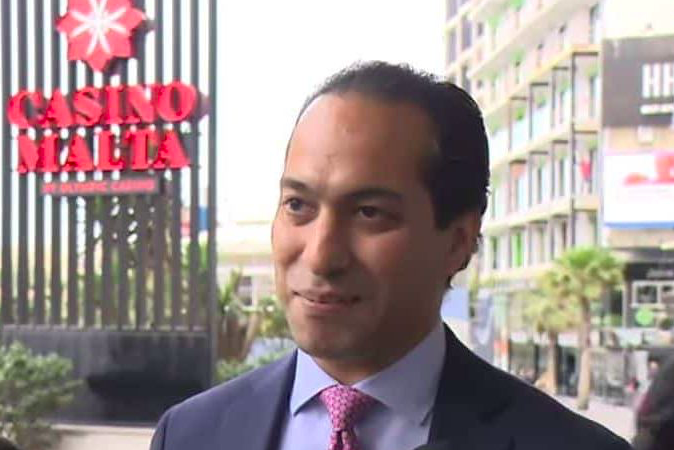Pilatus Bank owner Ali Sadr Hasheminejad was granted asylum in the US based on political persecution suffered in Iran as a teenager, but complications in the immigration process which arose in 2009 forced him to live abroad, according to information presented in court by his lawyer.
This emerged from the court proceedings in the US where Ali Sadr is charged in a six-count indictment accusing him of participating in a scheme to evade US sanctions against Iran.
In a series of tweets, Financial Times reporter Cynthia O’Murchu said Ali Sadr’s lawyers demanded his pre-trial release.
Ali Sadr’s lawyer used the fact that he was not being investigated in Malta in his defence.
O’Murchu also tweeted that the “immigration attorney who filed [his] asylum papers in 2003 was indicted on wide scale immigration fraud” but Ali Sadr claimed he had not been aware of his lawyers’ misconduct.
Ali Sadr, 38, was arrested last month and was charged with funnelling more than $115 million paid under a Venezuelan construction contract through the US financial system.
Earlier this month Judge Barbara Moses rejected his request for bail, arguing that his wealth and global connections meant there was a high risk he could flee the US.
Ali Sadr application for pre-trial release: interesting points in lawyer's argument. Granted asylum in US based on political persecution suffered in Iran as teenager. 2009 complications in immigration process forced to live abroad. November 2012 greencard
— Cynthia O’Murchú (@cynthiao) April 10, 2018
But his lawyers are still requesting his release and O’Murchu tweeted that Ali Sadr’s lawyers argued that “It is not likely that someone as sophisticated as Mr Sadr would… publicly engage in a project which he understood to violate US sanctions, and then return to live in the United States under his own name, buying a home, opening bank accounts and filing tax returns…”
The lawyers also told court that Ali Sadr is not under investigation for money laundering in Malta.
His lawyers argued that “if he truly understood the far-from-obvious proposition that someone who happened to be born in Iran, living outside of the United States, would be restricted by the US sanctions laws in the course of working on a construction project in South America he would not have returned to live openly in the United States after engaging in such conduct.”
Ali Sadr’s lawyer told court that the US government made ‘”misrepresentations and omissions” such as claiming that his client had a Belarus passport.
The Pilatus Bank owner acquired a St Kitts & Nevis passport through Henley and Partners but his lawyer denied that Ali Sadr holds a UAE passport.
The lawyers also told the court that Ali Sadr has a company called Venial Ltd – real estate company in Cyprus.












